Navigating the Future: Exploring Google Maps in 2025
Navigating the Future: Exploring Google Maps in 2025
Introduction
In this auspicious occasion, we are delighted to delve into the intriguing topic related to Navigating the Future: Exploring Google Maps in 2025. Let’s weave interesting information and offer fresh perspectives to the readers.
Table of Content

Navigating the Future: Exploring Google Maps in 2025
The year 2025 is on the horizon, and with it comes a wave of technological advancements poised to reshape our daily lives. Among these innovations, Google Maps is set to undergo a profound transformation, evolving from a simple navigation tool to a comprehensive platform for exploring the world, both physically and virtually. This evolution is driven by a confluence of cutting-edge technologies, including augmented reality (AR), artificial intelligence (AI), and the Internet of Things (IoT), each contributing to a richer, more immersive, and personalized user experience.
A World Unveiled: Augmented Reality and Immersive Exploration
Imagine strolling through a bustling city street, with real-time information about nearby restaurants, shops, and attractions overlaid directly onto your view. This vision is not far-fetched, as AR technology is poised to play a pivotal role in Google Maps’ future. By seamlessly integrating virtual elements into the real world, AR will transform the way we interact with our surroundings.
AR-powered Google Maps will allow users to:
- Visualize destinations: Users can "see" their destination before they arrive, with AR overlays providing 3D models of buildings, landmarks, and points of interest. This immersive experience will offer a more informed and confident approach to navigating unfamiliar territories.
- Discover hidden gems: AR can highlight nearby businesses, cafes, or attractions that might otherwise go unnoticed. By overlaying relevant information onto the user’s view, AR will enhance the discovery process, leading to more enriching experiences.
- Navigate with ease: AR can provide turn-by-turn navigation instructions directly on the user’s view, eliminating the need to constantly check their phone screen. This hands-free navigation will enhance safety and convenience, particularly for drivers and pedestrians.
Intelligent Insights: The Power of AI
Beyond AR, AI will play a crucial role in shaping the future of Google Maps. By leveraging vast datasets and advanced algorithms, AI will enable the platform to:
- Predict traffic patterns: Google Maps will be able to predict traffic congestion and suggest optimal routes based on real-time data analysis. This will allow users to avoid delays and optimize their travel time.
- Personalize recommendations: AI will analyze user preferences and past behavior to offer tailored recommendations for restaurants, hotels, and activities. This personalized experience will enhance the user’s journey and ensure they discover places that align with their interests.
- Optimize routes for specific needs: Users can input their individual needs, such as accessibility requirements or fuel efficiency, and Google Maps will generate routes tailored to those specifications. This will cater to diverse user needs and ensure a more inclusive navigation experience.
Connecting the Dots: The Internet of Things
The Internet of Things (IoT) will further enhance the capabilities of Google Maps by connecting physical objects and devices to the platform. This interconnectedness will enable:
- Real-time parking availability: Connected parking meters and sensors will provide real-time information about available parking spaces, eliminating the frustration of circling for parking.
- Smart transit integration: Google Maps will integrate with public transportation systems, providing real-time updates on bus and train schedules, delays, and alternative routes. This seamless integration will enhance the efficiency and reliability of public transportation.
- Personalized travel experiences: Connected devices, such as smartwatches and fitness trackers, can share data with Google Maps, providing personalized recommendations for routes and activities based on user fitness levels and preferences.
Beyond Navigation: A Platform for Exploration
The future of Google Maps transcends mere navigation. It is poised to become a comprehensive platform for exploring the world, offering a wealth of information and enriching experiences.
- Virtual tours: Users can explore destinations virtually, immersing themselves in 360° panoramic views of landmarks, museums, and other points of interest. This will provide a convenient and accessible way to experience the world without leaving home.
- Historical and cultural insights: Google Maps will incorporate historical data and cultural information, providing users with a deeper understanding of the places they visit. This will enrich the travel experience and foster a greater appreciation for different cultures.
- Interactive maps: Users can interact with maps to discover hidden treasures, explore historical events, or learn about the local ecosystem. This interactive approach will make exploring the world more engaging and educational.
Frequently Asked Questions
Q: Will Google Maps be available in augmented reality on all devices?
A: While AR technology is rapidly evolving, it is likely that AR-powered Google Maps will initially be available on select devices with advanced AR capabilities. However, as the technology matures and becomes more accessible, it will likely become available on a wider range of devices.
Q: How will Google Maps ensure the privacy of user data?
A: Google is committed to protecting user privacy and will adhere to strict privacy policies regarding the collection and use of user data. Users will have control over the data they share and can choose to opt out of certain features that require data collection.
Q: Will Google Maps be able to translate languages in real-time?
A: Advancements in natural language processing (NLP) and machine translation technology suggest that real-time language translation will be a key feature of future Google Maps. This will enhance communication and understanding for users traveling to foreign countries.
Tips for Navigating the Future of Google Maps
- Stay updated: Keep your device software and Google Maps app up to date to access the latest features and enhancements.
- Explore AR features: Experiment with AR features, such as 3D models and virtual tours, to enhance your understanding of destinations.
- Utilize AI recommendations: Consider personalized recommendations based on your interests and preferences to discover new and exciting places.
- Embrace the interconnected world: Explore the benefits of connecting your devices to Google Maps for a more personalized and efficient experience.
Conclusion
The future of Google Maps promises a revolution in the way we explore and interact with the world. By harnessing the power of AR, AI, and IoT, Google Maps will become a dynamic and comprehensive platform for discovering, navigating, and experiencing the world in unprecedented ways. This transformative journey will not only enhance our daily lives but also empower us to connect with our surroundings in deeper and more meaningful ways. As we embark on this exciting future, Google Maps is poised to become an indispensable tool for navigating the world around us and unlocking the endless possibilities of exploration.

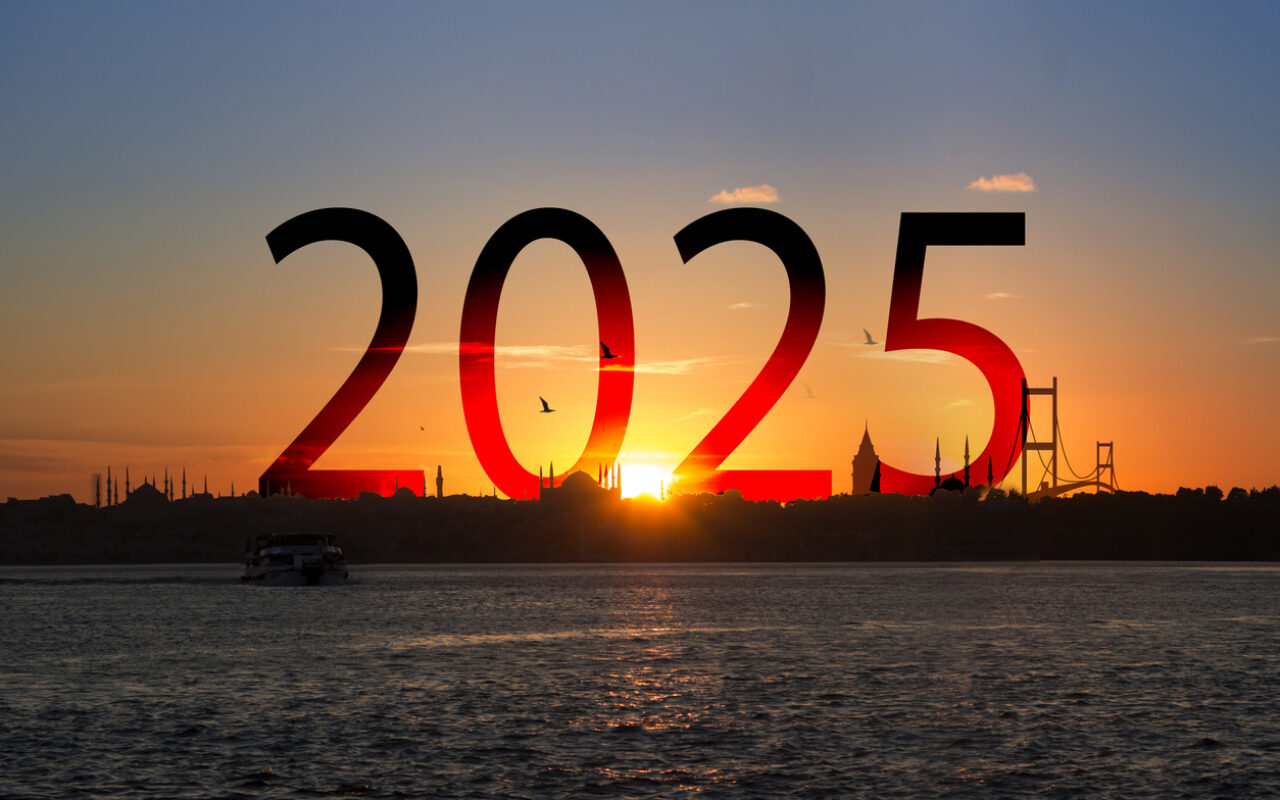
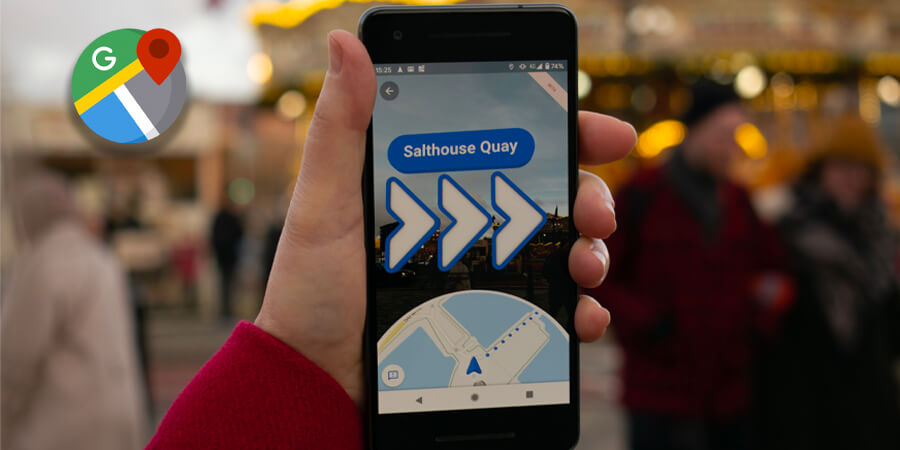
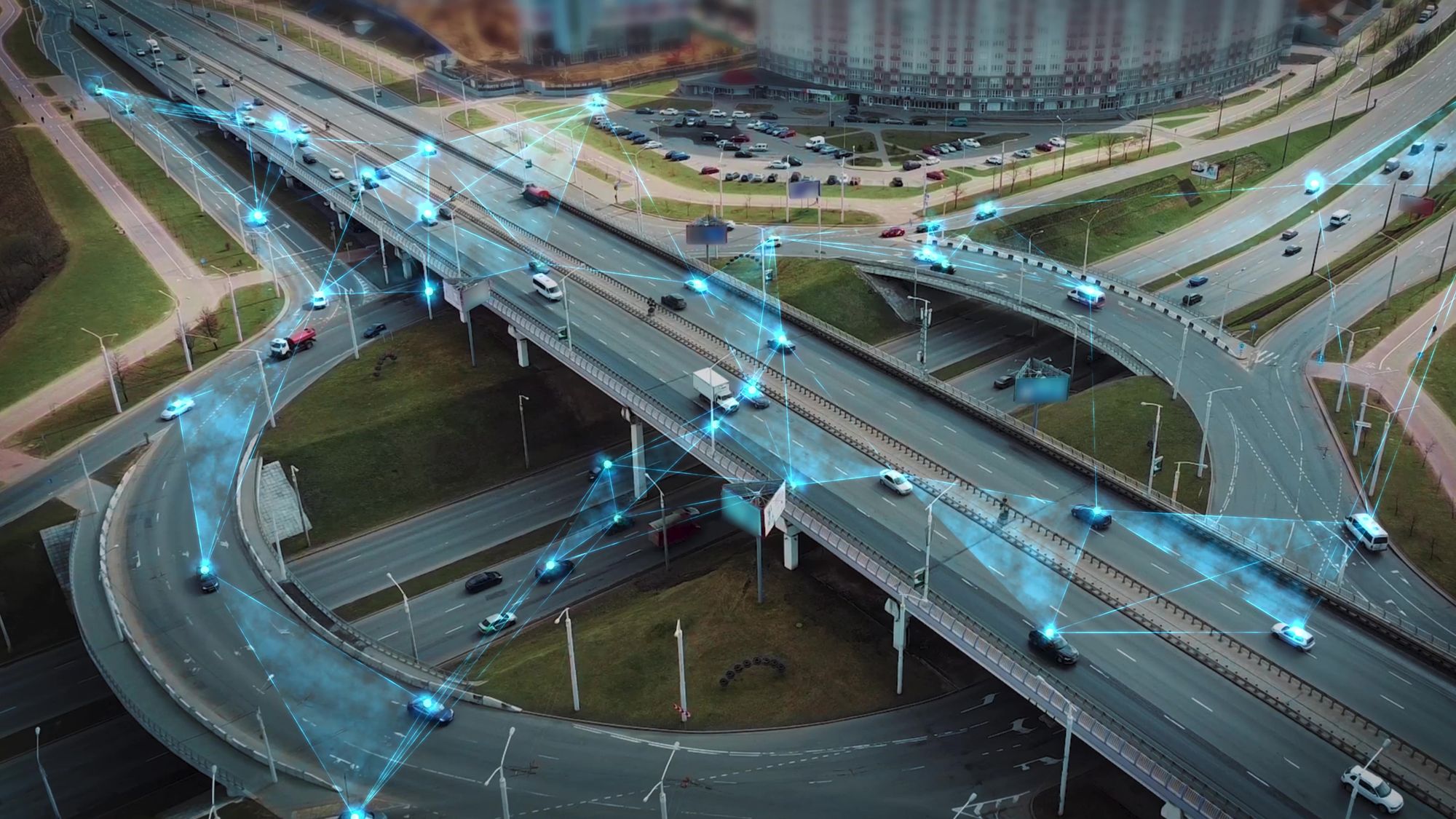

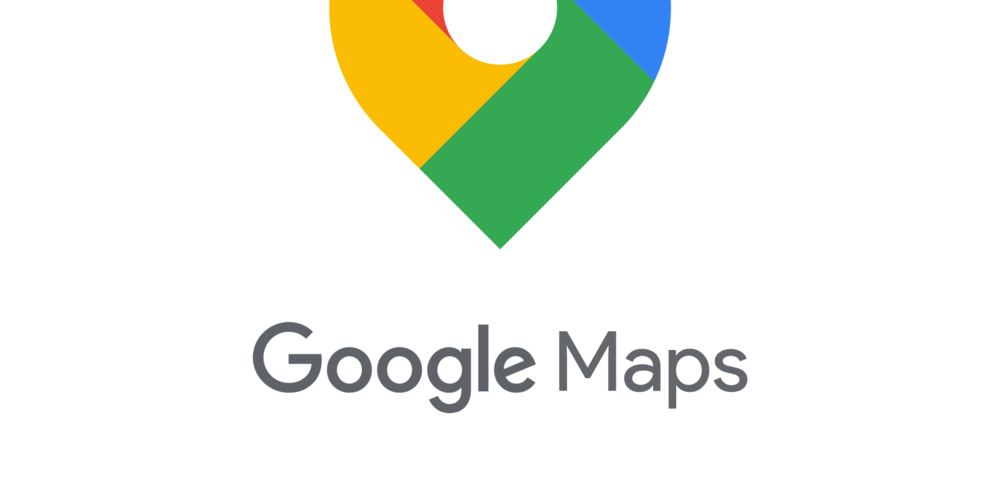
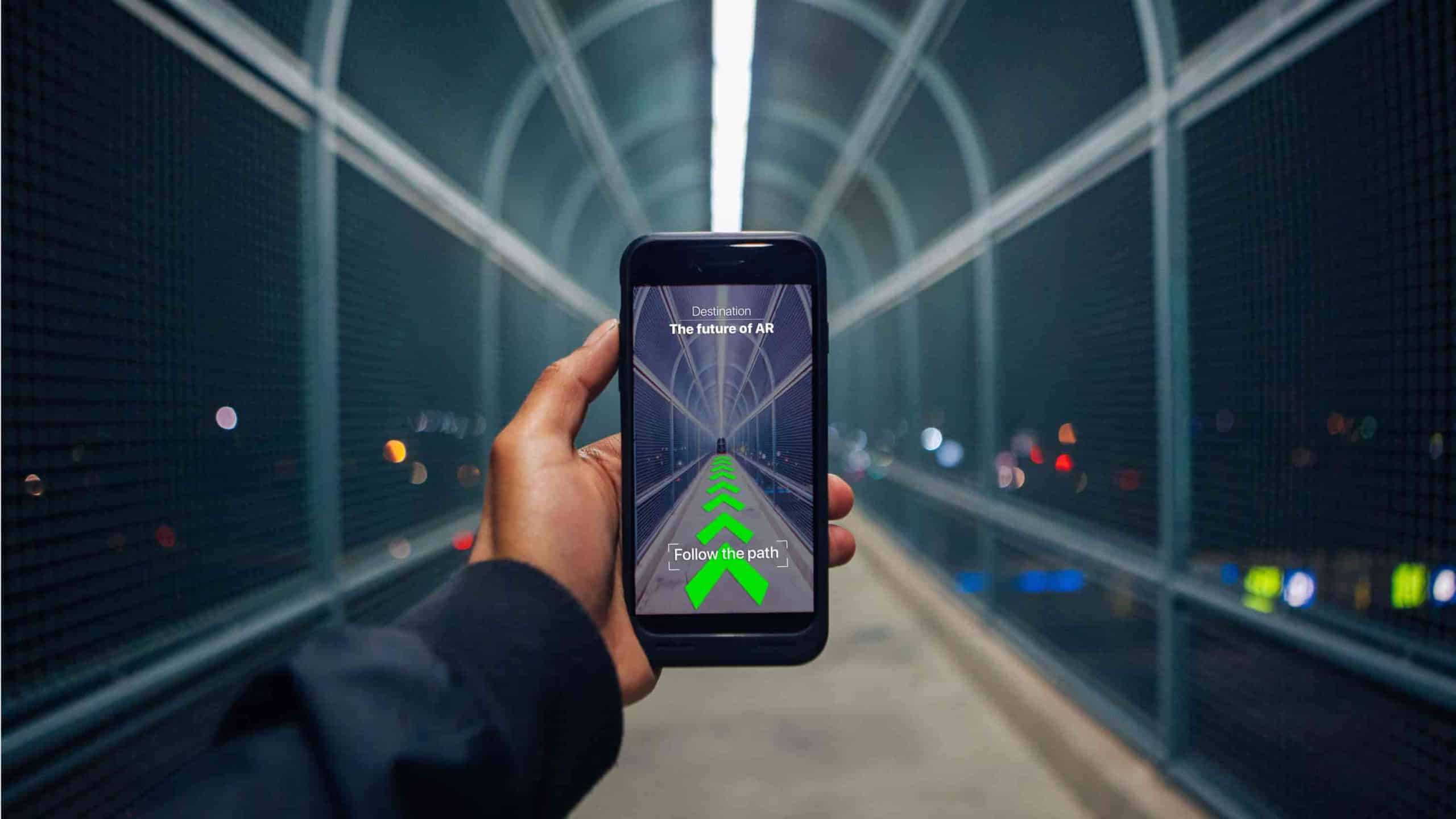
Closure
Thus, we hope this article has provided valuable insights into Navigating the Future: Exploring Google Maps in 2025. We appreciate your attention to our article. See you in our next article!